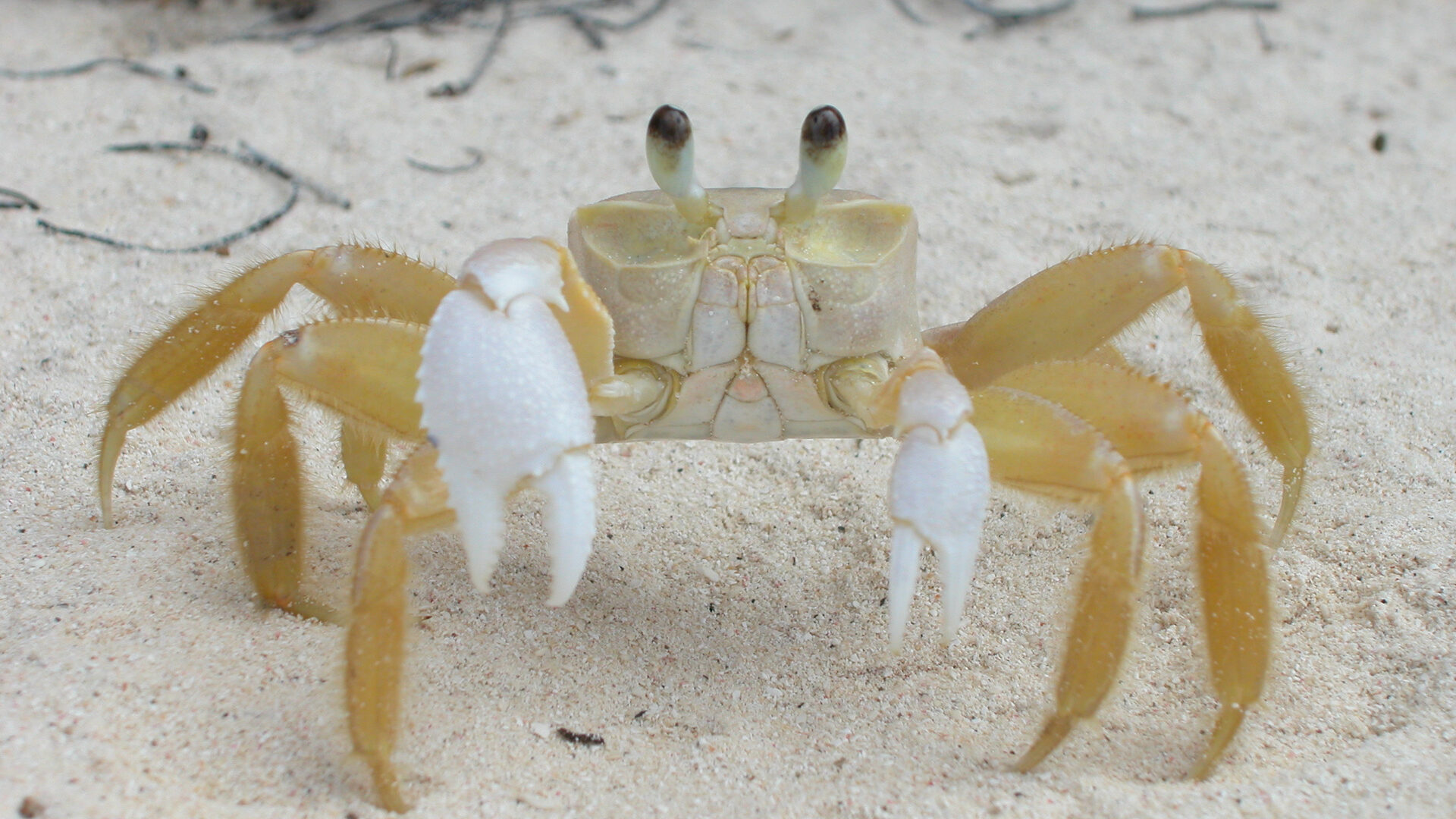
Ground-breaking news for crustaceans and molluscs
A new government report confirms what many of us knew or suspected all along, namely that cephalopods (such as octopuses, squid and nautilus) and decapod crustaceans (like crabs, lobsters, prawns and crayfish) can feel pain. It is very positive to see this formal recognition.
A new government report confirms what many of us knew or suspected all along, namely that cephalopods (such as octopuses, squid and nautilus) and decapod crustaceans (like crabs, lobsters, prawns and crayfish) can feel pain. It is very positive to see this formal recognition.
A year ago, in response to campaigning by Crustacean Compassion and The Shellfish Network, the Department for Environment, Food and Rural Affairs (Defra) commissioned an independent evidence-gathering review, by the London School of Economics (LSE). This explored whether cephalopods and decapods should be deemed sentient.
Animal Aid were delighted to be included and duly provided a detailed response. The team of experts at LSE concluded that there is strong scientific evidence that crustaceans and molluscs can feel pain and strongly recommended their protection in animal welfare legislation going forwards. You can read the report here.
The authors of the report advise against a number of standard industry practices; ‘nicking’ (cutting the tendon of a crab’s claw to stop them injuring each other and humans during transportation), ‘eyestalk ablation’ (slicing off a female shrimp’s eyestalk with a razor to accelerate breeding), and ‘declawing’ crabs before putting them back in water. Declawing wasn’t allowed in the UK until recently, when legislation was overridden by EU law. The authors also recommend against the sale of live decapod crustaceans to ‘untrained, non-expert handlers’. Currently, these animals are subjected to poor handling and inappropriate storage – and they risk death by boiling or being dismembered whilst alive and fully conscious.
